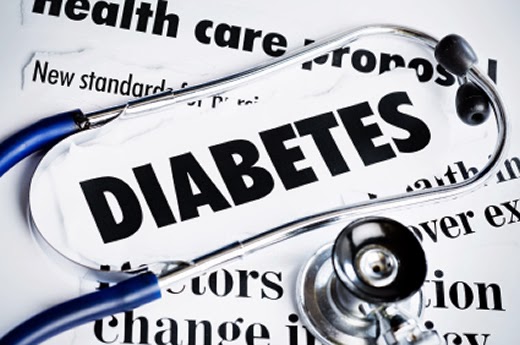NAFDAC mops up unregistered products in circulation

BY: CHIOMA UMEHA In a renewed vigour aimed at strengthening consumer’s confidence in their choice of regulated products in the country, the National Agency for Food and Drug Administration and Control (NAFDAC) has embarked on a massive raid and enforcement operations of major supermarkets, open markets and suspected warehouses in the Lagos area. The exercise spearheaded by the Enforcement Directorate of the Agency and led by one Mrs. Ijeoma Nzeaka, a Chief Regulatory Officer, took the team to the popular Oke-Arin, Balogun, Idumota, Mushin and Oshodi markets, Trade Fair Complex stalls as well as major supermarkets located in Apapa, Victoria Island, Ikoyi, Ajah and their environs. Apart from the markets, some suspected warehouses in Isolo, Badagry expressway and motor garages and loading parks were also visited. During the exercise, products of various ranges worth over N50 million were confiscated with the warehouses sealed and three trailers suspected to be loaded wit








